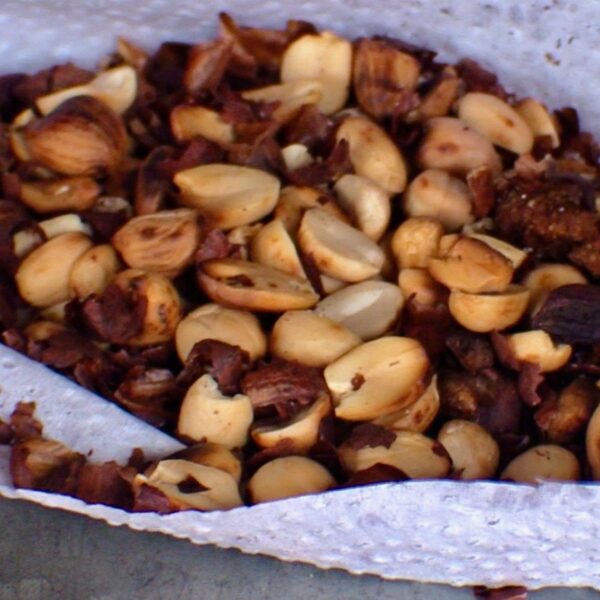All Projects Caribbean Exploring Kalinago Masculinities and Gender-relations in Waitukubuli (Dominica)
Previous scholarship in the English-speaking Caribbean shows that substantial attention has been given to the Afro-Caribbean populations; emphasising their historical narrative of slavery and struggle for cultural identity in relation to the constructions and ideologies associated with masculinity. Generally, in comparison with other populations and Caribbean ethnic groups, research on masculinity/masculinities among the Indigenous Kalinago people of Waitukubuli (Dominica) is limited.
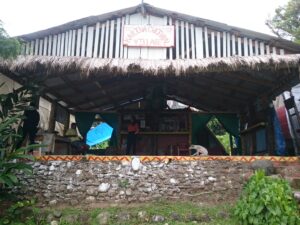
Karina Cultural Village, Kalinago Territory
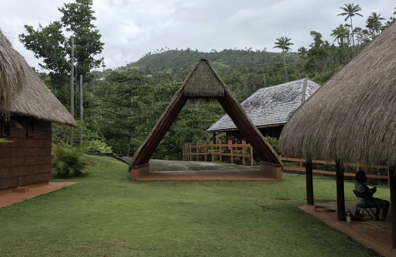
Barana Aute, a Kalinago interpretation and cultural centre on Kalinago Territory
Kalinago people, who were referred to as the Caribs by European colonisers, are recognised as Dominica’s Indigenous population. Inscribed as Dominica’s first people, the Kalinago live on 3, 782.03 acres of land that is called the Kalinago Territory. As of a preliminary census in Dominica in 2011, 56.5% Kalinago Territory population is made of Kalinago men while Kalinago women make up 43.5%. Of the 36,411 men in Dominica, only 1, 212 (3.33 %) are Kalinago men.
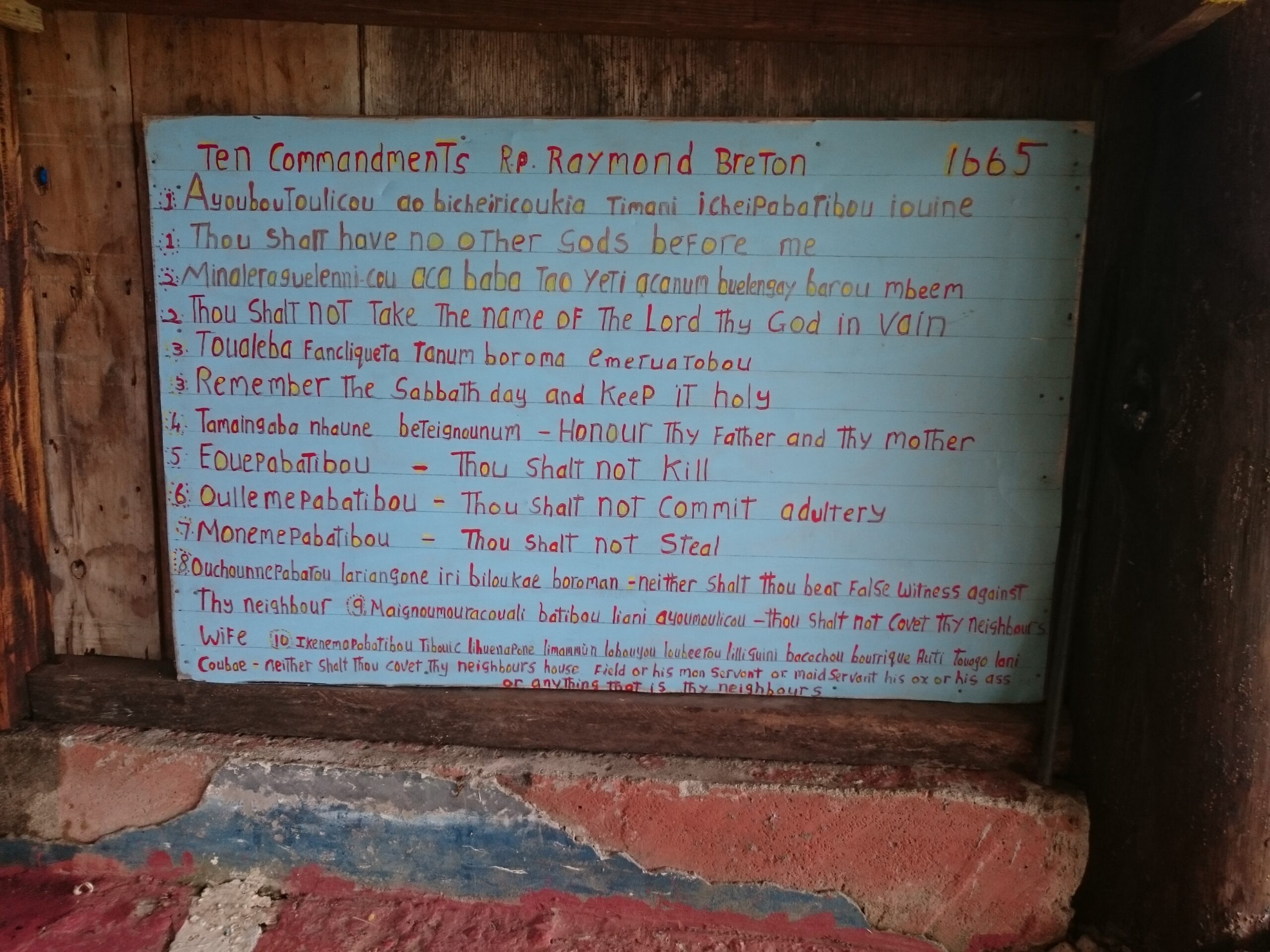
Christian Ten Commandments translated by Raymond Breton into the Kalinago language. At Karina Cultural Village, Kalinago Territory
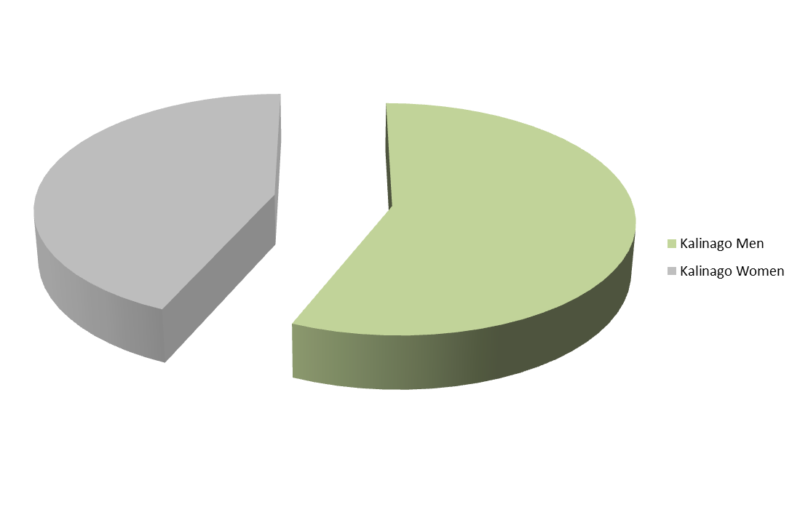
This study aims to conduct research with this ethnic group that has been widely overlooked by many Caribbean scholars in the field of masculinity/masculinities and gender studies. The study will explore how the Indigenous Kalinago people of Dominica understand masculinity and what ideas of masculinity mean for broader gender relations as well as cultural heritage projects in contemporary Kalinago society. This study contends that Indigenous populations are heterogeneous. Although Kalinago people of Dominica are recognised as a collective group of people, this study will not generalise Kalinago masculinity. The project recognises multiple masculinities.
